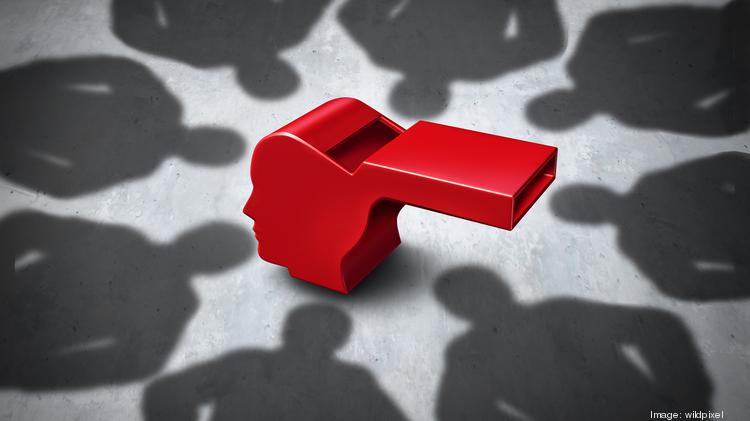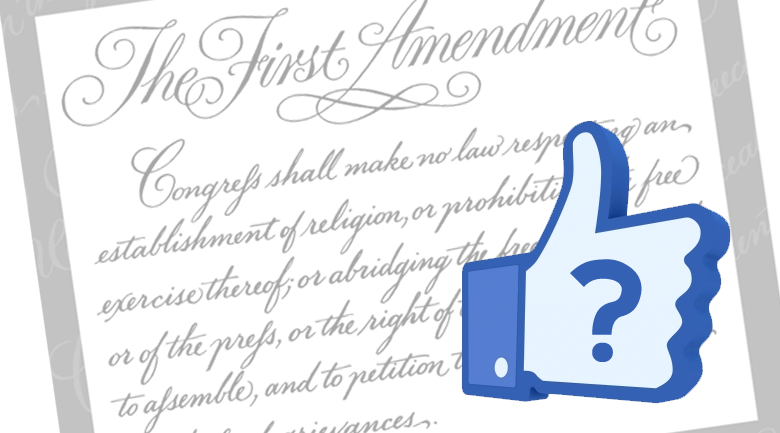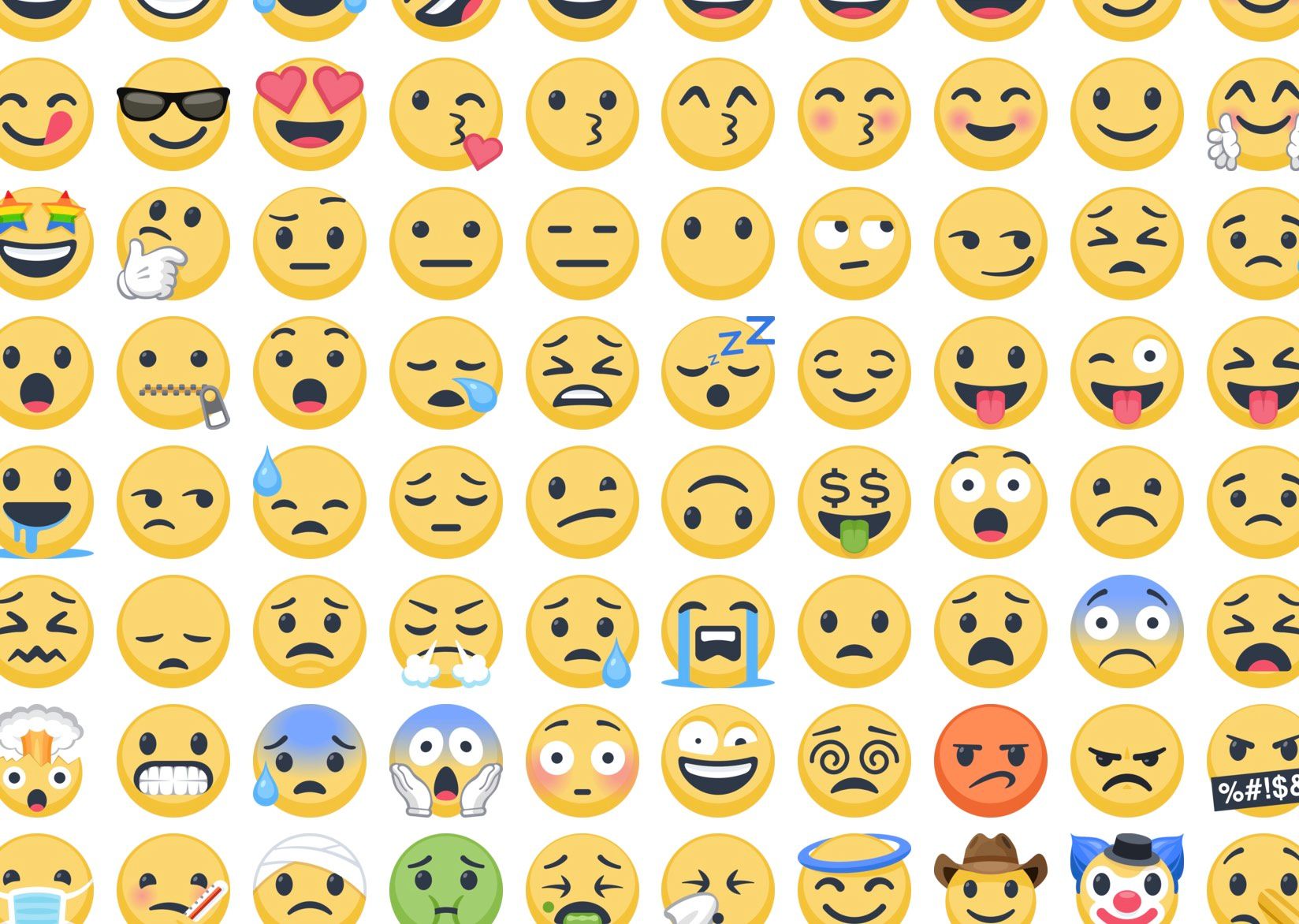The videos that I just watched on privacy have me feeling more inclined to throw my phone out the window than I ever have before. The way that companies, organizations, and world governments are using technology to spy on anyone and everyone is sickening. One TED Talk in particular (which I will link below) had me feeling extremely scared of the small rectangular device sitting next to me as I was watching. The TED Talk from Christopher Soghoian was eye opening to me. His presentation on just how easy it is to wire tap almost any form of communication had me thinking about all of the times that my communications could have been overheard by anonymous parties looking to gain and/or store information about me.
The video goes on to discuss certain applications and platforms that have their data well encrypted so that the threat of wire tappers isn’t as pressing. Particularly Apple’s iMessage and FaceTime features, as well as WhatsApp were among those brought up as privacy-friendly communication platforms. According to the video, the key is that these applications have data encryption on by default. That means that it’s a hell of a lot harder for these companies, organizations, and world governments to see and/or hear what you’re saying/doing. Soghoian brings up an interesting point though. He goes on in the video to discuss the fact that a world with these encryptions over everything is scary thanks to terrorists and anarchists who may have a lot more freedom to harm others. But, a world that takes away the privacy and freedoms of everyone is whole lot scarier. I agree with Soghoian when he says it’s not the kind of world that I want to live in.
Video Link: https://www.youtube.com/watch?v=ni4FV5zL6lM
Ross's Media Law & Literacy Blog
Saturday, November 30, 2019
Week 14: EOTO, Pt. 2
For this week’s blog post, I decided to look at Group 2’s presentation on the Mediasphere (I’ll like their presentation below). I thought that the topic of whistleblowers was the most interesting. The term whistleblower generally has a negative connotation. However, while most people may view whistleblowers as snitches, I, for one, consider them modern day heroes. Whistleblowers used to be few and far between. But, with internet usage at an all time high; it’s never been easier to anonymously reveal information about an individual or an organization.
First, I’ll detail all of the bad things that whistleblowing can lead to. It’s probably better to end on a good note anyways. For starters, whistleblowing can lead to the defamation of both the company/organization that’s being exposed, and the one who’s exposing them. If a company is wrongfully accused of certain actions or business practices, then they could lose some amount of credibility forever. Not only with their business partners, but with their customers as well. The real defamation occurs with the actual whistleblower. Often times, they’re discovered and then scolded by their co-workers, demoted, or in most cases they’re fired altogether. This article from securityaffairs.co goes into detail about just how many U.S.-based whistleblowers face the implications of their actions. In the worst cases some even attempt to commit suicide. In my opinion, this is awful. Even with the Whistleblower Protection Act of 1989 there are still so many terrible things that can happen to the whistleblower if they’re discovered.
On a brighter note, whistleblowers are the kind of people we need in the world. Whistleblowers are the only people in the workforce who aren’t afraid to stand up against corruption. Although their actions are often ridiculed, they can be the people who bring down corrupt business powers and promote the fair accumulation of wealth and power in the world.
Presentation Link: https://docs.google.com/presentation/d/1AWCX3KMNV3xZAoUu7qDJrMnGIjDvLcx1cC_8ls7-vvk/edit?usp=sharing
First, I’ll detail all of the bad things that whistleblowing can lead to. It’s probably better to end on a good note anyways. For starters, whistleblowing can lead to the defamation of both the company/organization that’s being exposed, and the one who’s exposing them. If a company is wrongfully accused of certain actions or business practices, then they could lose some amount of credibility forever. Not only with their business partners, but with their customers as well. The real defamation occurs with the actual whistleblower. Often times, they’re discovered and then scolded by their co-workers, demoted, or in most cases they’re fired altogether. This article from securityaffairs.co goes into detail about just how many U.S.-based whistleblowers face the implications of their actions. In the worst cases some even attempt to commit suicide. In my opinion, this is awful. Even with the Whistleblower Protection Act of 1989 there are still so many terrible things that can happen to the whistleblower if they’re discovered.
On a brighter note, whistleblowers are the kind of people we need in the world. Whistleblowers are the only people in the workforce who aren’t afraid to stand up against corruption. Although their actions are often ridiculed, they can be the people who bring down corrupt business powers and promote the fair accumulation of wealth and power in the world.
Presentation Link: https://docs.google.com/presentation/d/1AWCX3KMNV3xZAoUu7qDJrMnGIjDvLcx1cC_8ls7-vvk/edit?usp=sharing
Thursday, November 28, 2019
Week 13: EOTO, Pt. 1
Saturday, November 9, 2019
Week 12: Audit Your Online Presence
Facebook hasn’t been my favorite company in recent months (to put it nicely). Reading The Atlantic’s article about how few people know how Facebook is using their data is concerning. The public should always be informed about things as important as this. I am appalled at the fact that Facebook essentially sells my data to advertisers and other companies looking to harass me with internet ads. The amount of times that I have had the thought of a product come into my head only to see that same product pop up in my Instagram feed seconds later is absurd. It makes me feel like I’m being watched 24/7. Thankfully, my online footprint isn’t too big. I have all of the main stream social media platforms (Facebook, Instagram, Twitter, Snapchat) but they’re all protected from people who I don’t want to “follow” me. One thing that I might consider changing are my bios/public information on all of my accounts. They give certain bits of information such as what town I’m from, where I go to school, etc. Personally, I thought it was ok to have that open for anyone to see. But, in light of all of these data privacy scandals, I need to rethink what I want people to see of me.
When social media first came out (I believe I was 12 or 13 when Instagram and Snapchat became popular) I thought it was the coolest thing ever. I was able to see what my friends were up to and I could share what I was doing with them. As I got older, I started to see the negative effects of it. It can leave people feeling left out, stressed about how many likes or followers they have, and unhappy with themselves. Social media has almost created this fake image of what a perfect life should look like. It fails to capture what life truly is. It’s about the ups and downs, the changes, the victories, the failures, and everything in between. Platforms like Instagram and Snapchat create a false sense of reality that has caused more problems than it’s solved.
One thing that I have started to do is take time out of my day to put my phone down and enjoy the world around me. I found myself happier than ever this past Summer when I put my phone down for a couple hours to spend quality time with friends and family.
Week 11: Diffusion of Innovations
Everett Rogers’ Theory of the Diffusion of Innovations does a great job of explaining how innovation and creation play a relevant part in just how society adopts certain ideas and technologies. This Wikipedia page explains the basics of the theory; and it goes into a much more comprehensive write-up regarding the history of the theory, the role that each part of the theory plays, and the criticisms that the theory has received. To sum up the basics for anyone too lazy or unable to read the linked article; Rogers’ Theory of the Diffusion of Innovations is the idea of how exactly new ideas and technologies become more prominent in society via communication channels, time, and other factors. The image below does a better job of explaining the theory.
 |
| This image is from the Wikipedia page linked earlier in the article. |
One technology that I thought could instantly apply to this model are the modern gaming consoles currently out on the market. I will be specifically discussing Microsoft’s Xbox. For this instance, I will be discussing the console over its many generations (i.e. Xbox, Xbox 360, Xbox One, etc.). The first Xbox was released in almost 18 years ago at the time of writing this blog. The people who purchased this console could be considered the innovators. The product was an attempt to challenge the Sony PlayStation for the title of best home console. After the Xbox was released, Sony released the PlayStation 2 soon after. This kicked off what is considered the modern day, “console war.” In 2007, Microsoft released the Xbox 360. People who purchased this console would be considered early adopters and the early majority. By this time, gaming had become extremely popular due to technological innovations that allowed the market to grow at an exponential rate. In 2013, the Xbox One released alongside the PlayStation 4. People who purchased this product would be considered in the late adopters and laggards category. By this time, Xbox had already become a household name thanks to its many iterations of its previous consoles. It’s already a well known product with a devoted audience behind it. While the people who purchase an Xbox One as their first Xbox console ever are considered behind the curve, everyone who has owned a previous Xbox console usually updates to the new generation. Microsoft uses creative destruction to continually make money off its consumers. They do this in the same way that Apple does with iPhones. Basically, the company promotes and makes the purchase of its new console necessary in order to stay connected by making its previous consoles obsolete. This means that the online services for the old consoles are shut down, greatly limiting the console’s capabilities.
Personally, I think that this type of innovation is harmful to society. It's not even really innovation, it's incrementation. It keeps business booming for Xbox, yes, but video game consoles are starting to become more and more like iPhones. You buy one, then the next thing you know, a better version comes out 2-3 months later. It’s impossible to always have the newest version without breaking the bank.
Thursday, October 24, 2019
Week 10: Eight Values of Free Expression
The marketplace of ideas and individual self-fulfillment. These two values of free expression are the most important among all eight. Throughout history, these two values have been at the forefront of First Amendment court cases. The marketplace of ideas first appeared in one of the quartet cases of 1919. Oliver Wendell Holmes, a Supreme Court Justice at the time of one of these cases, dissented from the normal protocol regarding First Amendment rights. His dissent helped to create the modern First Amendment and freedom of speech laws that we know today. If you’d like to read more about Holmes’ dissent and the details of the case, you can do that here.
Now, the idea of individual self-fulfillment is probably one of the most important ideas in all of society and life (not just within the First Amendment). The idea of individual self-fulfillment is one that allows individuals within society to find purpose. Through free speech and free flow of ideas, individual self-fulfillment acts as a way for humans to live the life they want and not feel persecuted for it. In some aspect of everyone’s life, we’re all looking self-fulfillment.
These two values of free expression have been under fire ever since the rise of the internet and social media. In an article posted by americanbar.org, author David L. Hudson, Jr. describes how social media outlets like Facebook, Twitter, and Instagram are using censorship to rob us of our First Amendment rights. Particularly, these platforms are attacking the values of the marketplace of ideas and individual self-fulfillment. the article talks about how when these platforms use censorship (and you know they all do to some extent) they’re robbing individuals of the actual marketplace of ideas. This lack of a free flow of ideas and thoughts among individuals then creates a halt on the path towards many individuals’ self-fulfillment. If individuals can’t be exposed to everyone’s ideas and beliefs, how can they create their own thoughts and feelings based on pre-existing ones? Personally, I feel that the way the internet and social media have been used in the last two years has created a toxic environment for everyone. I feel as if everything I read online or see in an Instagram post is fake or just can’t be trusted. The amount of censorship that is used online is appalling. The internet needs to be considered in the same realm as public space, which is where almost all of the First Amendment can be enforced.
Monday, October 7, 2019
Week 7: EOTO Com Tech Timeline Pt. 2
Emoticons or “emojis” have been around for a couple of years now. Their purpose is to convey emotions through little pictures that have a cartoonish look to them. When emojis were first released (at least on iPhone and iOS devices) they were a secret that not many people knew about. But, once you’ve shuffled through a few menu screens and tapped a few buttons, the keyboard becomes available. Back then, there were so little options compared to today’s ones. Now there are thousands of different emojis that a user can select. This vast increase in the number of emojis must have improved their ability to convey emotions and messages, right? Not exactly.
This article written by pyschologistworld.com discusses emojis ability to convey emotions and messages. While there are always two sides to every coin, the summation of the article generally lets its readers decide how they want to view emojis. Are they an effective means of communication, or are they simply just another technical complication that’s getting in the way of real human interaction? The way I see it, emojis are great tools that can be used to make a message funny, heartfelt, or even depressing. What emojis do well is give (almost) everyone and everything a representation. Nowadays, basically everyone can find an emoji that they can identify with. But, while they may be great tools, they may also be hindering our ability to communicate effectively. What if someone uses an emoji that is meant to have a different meaning than what the reader thinks. What if somebody interprets a message the wrong way and it leads to irreparable consequences? What about those who are visually impaired and may not be able to see emojis. Don’t get me wrong, I love emojis and I love using them. But more often than not I see them as a toy rather than a tool.
This article written by pyschologistworld.com discusses emojis ability to convey emotions and messages. While there are always two sides to every coin, the summation of the article generally lets its readers decide how they want to view emojis. Are they an effective means of communication, or are they simply just another technical complication that’s getting in the way of real human interaction? The way I see it, emojis are great tools that can be used to make a message funny, heartfelt, or even depressing. What emojis do well is give (almost) everyone and everything a representation. Nowadays, basically everyone can find an emoji that they can identify with. But, while they may be great tools, they may also be hindering our ability to communicate effectively. What if someone uses an emoji that is meant to have a different meaning than what the reader thinks. What if somebody interprets a message the wrong way and it leads to irreparable consequences? What about those who are visually impaired and may not be able to see emojis. Don’t get me wrong, I love emojis and I love using them. But more often than not I see them as a toy rather than a tool.
Subscribe to:
Comments (Atom)






